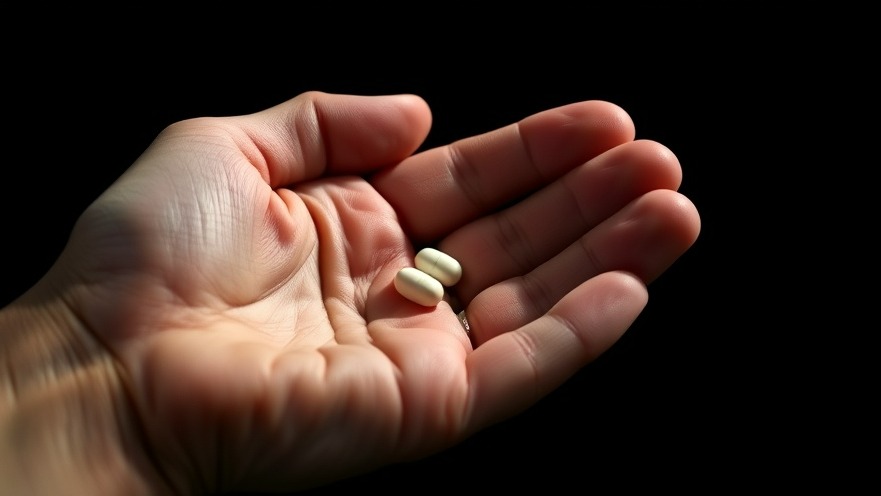
Understanding the Impact of Memantine on Post-Traumatic Headaches
Post-traumatic headaches (PTH) affect many individuals after experiencing a traumatic brain injury. It's disheartening, though, that most suitable treatments for such headaches remain non-FDA-approved. However, emerging data suggests that memantine—a drug typically used to treat Alzheimer's disease—may offer some hope.
Groundbreaking Findings at the American Headache Society
At the recent American Headache Society Annual Meeting, Dr. Bradley R. Shane revealed encouraging outcomes from a cohort study focused on the effects of memantine on PTH. Out of the 20 participants, many reported reductions in headache frequency along with improvements in mood, cognition, and sleep quality. Imagine the relief for those who regularly struggle with constant headaches; less pain equates to a better daily life.
The Neuroscience Behind Memantine
But what exactly makes memantine effective? When someone experiences a traumatic brain injury, the brain releases increased amounts of glutamate, instigating a “neurometabolic cascade.” This biochemical shift can worsen migraine symptoms and lead to chronic headaches. Memantine works by regulating glutamate levels, offering a potential pathway for alleviating these symptoms. Thus, understanding the science not only offers hope for patients but also guides practitioners in choosing treatments.
Patient Experiences and Challenges with Current Treatments
PTH patients have voiced concerns about existing treatments, which can interact negatively with medications like beta blockers and tricyclic antidepressants. The lack of FDA-approved options means that many patients remain in search of effective solutions—this is where an innovative approach could set your practice apart. For concierge practices, being on the lookout for such advancements and discussing them with patients can strengthen their trust and health outcomes.
Creating a Patient-Centric Concierge Practice
As concierge medical practice owners, connecting with your patients at such critical moments is essential. Tailoring treatment discussions around recent research findings, like those about memantine, not only informs but also reassures patients that their health challenges are understood. When patients see you actively engaging with the latest health trends, it fortifies your position as a leader in local medical care.
Looking Ahead: Innovations in Treatment
While the results from Dr. Shane's presentation are promising, they shed light on a fundamental opportunity for patient engagement in your concierge practice. Encouraging ongoing discussions about emerging treatments could pave the way for advancements in managing post-traumatic headaches. As medical practices like yours become centers for innovation and patient education, the potential for growth and patient loyalty significantly increases.
Consider taking active steps to create a platform for continuous dialogue around breakthroughs in headache treatments like memantine. Regular updates and patient education materials can keep your practice at the forefront of patient-centered care.
 Add Row
Add Row  Add
Add 






Write A Comment